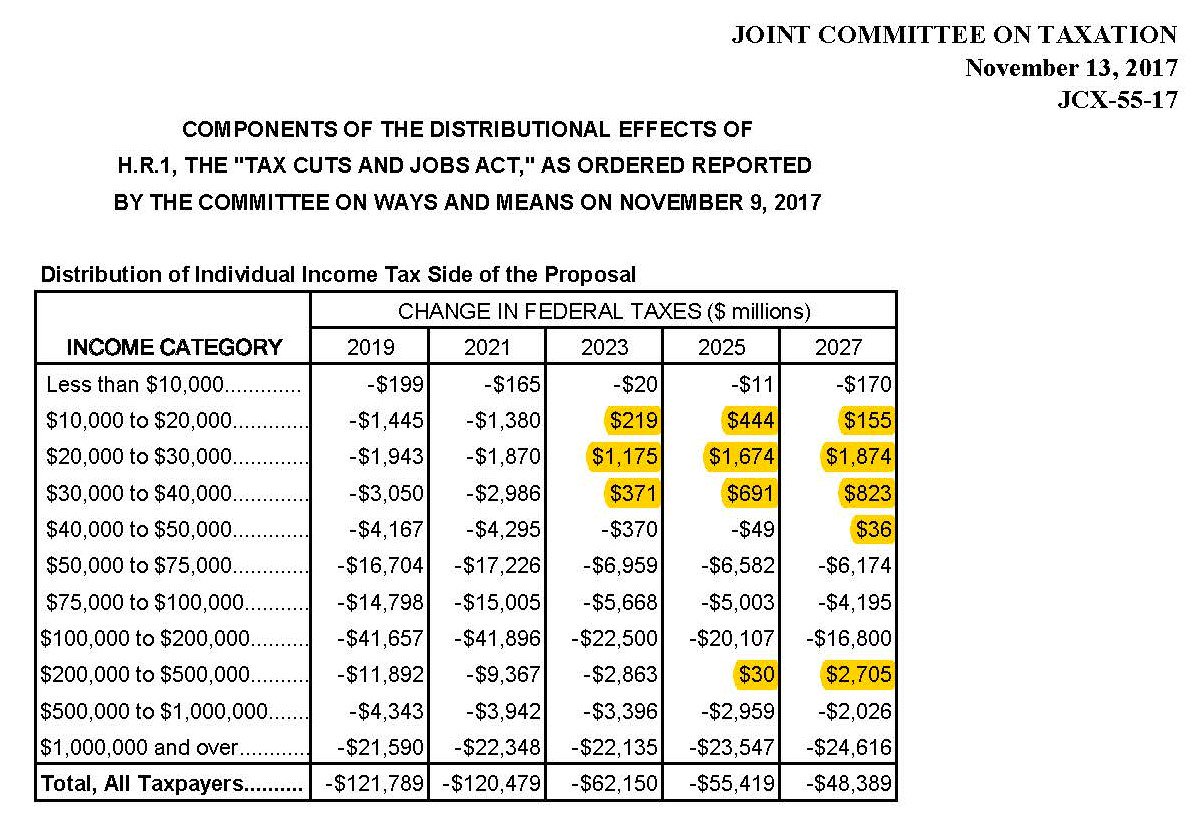
Kopple Professor @nyulaw. Former Asst. Secretary Tax Policy @USTreasury, Dep. Dir. @WhiteHouse NEC, Chief Tax Counsel @SenateFinance. @lilybatch.bsky.soc
How to get URL link on X (Twitter) App

https://twitter.com/nyulaw/status/1354115655772098561Tax is one of the most heavily lobbied areas of the law, and overwhelmingly by private interests, which often employ technically complex legal arguments in litigation, and in lobbying on regulations and legislation. opensecrets.org/federal-lobbyi… 2/

 @hamiltonproj Inherited income is currently taxed at less than 1/7 the rate on income from work and savings. This is because heirs don’t have to pay income or payroll taxes on their inheritances. The estate and gift tax is essentially the only tax burdening inherited income. 2/15
@hamiltonproj Inherited income is currently taxed at less than 1/7 the rate on income from work and savings. This is because heirs don’t have to pay income or payroll taxes on their inheritances. The estate and gift tax is essentially the only tax burdening inherited income. 2/15 
https://twitter.com/JesseDrucker/status/1211641316049854466I have heard anecdotally that Mnuchin has been far more involved in the tax reg process than prior Secretaries. When the Secretary and lobbyists are pushing for unreasonably generous interpretations of the law, it’s hard for nonpartisan career staff to stand their ground. 2/

 @davidckamin US has one of highest levels of income and wealth inequality among high-income countries. Has one of lowest levels of intergenerational economic mobility. Means economic disparities btwn individuals reflect luck of one’s birth, not hard work, to especially large extent in US. 2/
@davidckamin US has one of highest levels of income and wealth inequality among high-income countries. Has one of lowest levels of intergenerational economic mobility. Means economic disparities btwn individuals reflect luck of one’s birth, not hard work, to especially large extent in US. 2/ 


https://twitter.com/jimtankersley/status/1088566273158582272Yes, there would undoubtedly be evasion. But the question is whether other taxes can tax the uber-wealthy with less evasion and lower administrative and compliance costs. It’s not clear they would be all that different. 2/6
https://twitter.com/JesseDrucker/status/1051114697582362624First, TCJA cut top rate from 39.6% to 37%. Second, it cut top rate on pass-through income to 29.5%. While there are provisions meant to limit this deduction for higher-income taxpayers, they effectively do *not* apply to real estate. (2/6) washingtonpost.com/business/econo…

https://twitter.com/RichardRubinDC/status/1012678298047057921Take a couple who has 3 kids, claims the child care credit, health premium credit, and student loan interest deduction, and owes some tax on excess advanced premium credits and early withdrawals from their 401(k). 2/7
